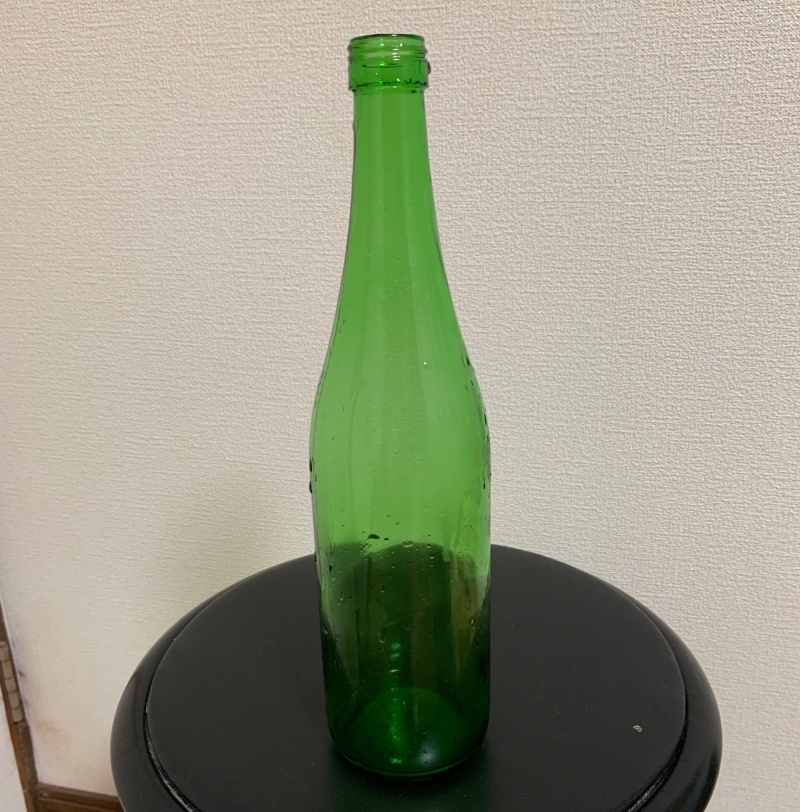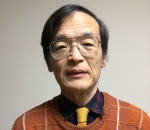日本語版はこちらから
Dear Readers,
Have you ever listened to the sound of water filling up a bottle? It makes a funny noise, doesn’t it?
Have you ever listened to the sound of water filling up a bottle? It makes a funny noise, doesn’t it?
Something amazing happens – the sound changes as the bottle fills up. The sounds are like vowels: u-o-a-e-i. Isn’t that interesting? Some people say that Newton, the famous scientist, noticed this when he was a student.
This made me think about something: all languages have vowels like these! In Japanese, we have う、お、あ、え、い (u, o, a, e, i). Spanish has similar vowels too. Even English, which has many different vowel sounds, uses these basic vowel types.
Here’s what I think: Our mouth and throat are like an empty bottle! This might explain why all languages use similar vowels. While different languages can use different words to mean the same thing (like “neko” in Japanese and “cat” in English), the basic vowel sounds we can make might be limited by how our mouth and throat work – just like how a bottle can only make certain sounds.
What do you think about this idea? Language is full of surprises, isn’t it? I hope to share more interesting things about language with you next time.
Best wishes, Jiro
Best wishes, Jiro
私立学校に英語教師として勤務中、40代半ばに差し掛かったころ、荒れたクラスを立て直す策として、生徒に公言して英検1級に挑戦することを思い立つ。同様の挑戦を繰り返し、退職までに英検一級(検定連合会長賞)、TOEIC満点、国連英検SA級、フランス語一級、スペイン語一級(文科大臣賞)、ドイツ語一級、放送大学大学院修士号などの成果を得る。
アメリカで生徒への対応法を学ぶ為に研修(地銀の助成金)。最新の心理学に触れた。4都県での全発表、勤務校での教員への研修を英語で行う。現在も特別選抜クラスの授業を全て英語で行っている。「どうやって単語を覚えればいいですか?」という良くある質問に答える為、印欧祖語からの派生に基づく「生徒には見せたくない語源英単語集」を執筆中。完成間近。常日頃洋書の読破で様々な思考にふれているが、そうして得た発想の一つを生かして書いた論文がコロナ対策論文として最近入賞。賞品の牛肉に舌鼓をうっている。元英検面接委員



